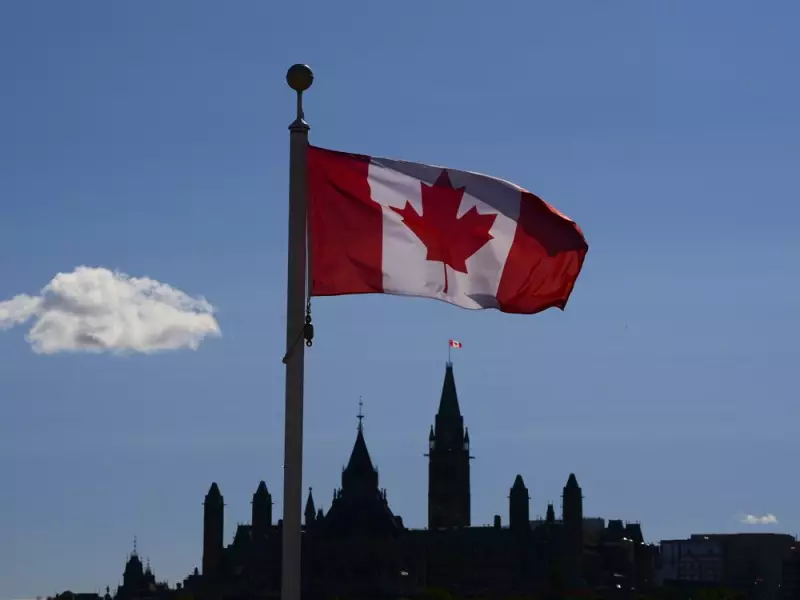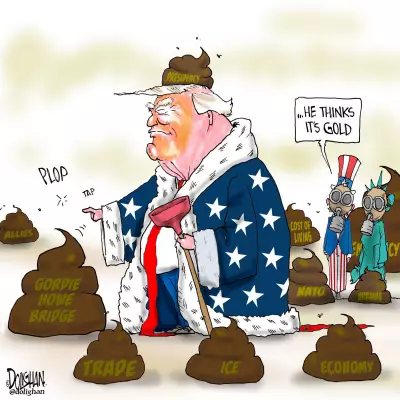
In a powerful and thought-provoking piece, Ben Mulroney has issued a compelling call for Canada to rediscover its core identity and purpose. Published on November 10, 2025, his article challenges Canadians to consider what an obituary for their nation might say and, more importantly, what can be done to change that potential narrative.
A Hypothetical Obituary for a Nation
Mulroney begins with a striking mental exercise. He asks readers to imagine how an ambitious journalist might write Canada's obituary. In this somber scenario, the world mourns a country that was, on its best days, a global beacon for freedom, justice, and inclusion, renowned for its cultural icons like poutine and hockey.
The piece recounts Canada's profound legacy of innovation, crediting the nation with world-changing inventions such as the telephone, the lightbulb, insulin, the pacemaker, and the first successful double-lung transplant. For much of its history, Canada stood as a trusted ally, a safe harbour for the persecuted, and a voice for the voiceless, attracting people from around the globe who contributed to building a unique society.
Squandered Potential and Self-Imposed Obstacles
However, the tone shifts as Mulroney addresses recent years. He describes a period where Canada seemed driven by a 'nearly psychopathic desire to get in its own way.' Despite being blessed with a natural bounty that could have established it as one of the wealthiest and fairest nations in history, those resources have remained largely untapped.
He laments that Canadians, who built one of the planet's most equitable societies, have become fixated on divisive minutiae and mirages. The 21st century was poised to be the Canadian century, but through its own actions, the nation squandered that opportunity. The hypothetical obituary concludes that Canada chose to become smaller and lesser, marginalizing itself and thereby making the world a less wonderful place.
The Path Forward: Recommitment and Unity
So, what should Canada do upon reading its own obituary? Mulroney's answer is a direct call to action. He urges a recommitment to the unified spirit of 'Team Canada,' evident just six months prior to his writing. He specifically calls out premiers whose unilateral decisions hinder national infrastructure, economic growth, and social cohesion.
He argues against provincial siloing of resources—whether it's British Columbia's West Coast, Saskatchewan's potash and uranium, Alberta's oil and gas, or Ontario's Ring of Fire. 'Everyone keeps their toys and we all lose,' he writes pointedly. The solution, he suggests, requires the federal government to recognize that the economy suffers when it positions itself as indispensable to the entrepreneurial class and attempts to solve every problem, including those of its own making.
Ultimately, Mulroney's message is one of urgent optimism. Reimagining the country is not only possible; it is an absolute necessity for Canada to reclaim its potential and legacy.





